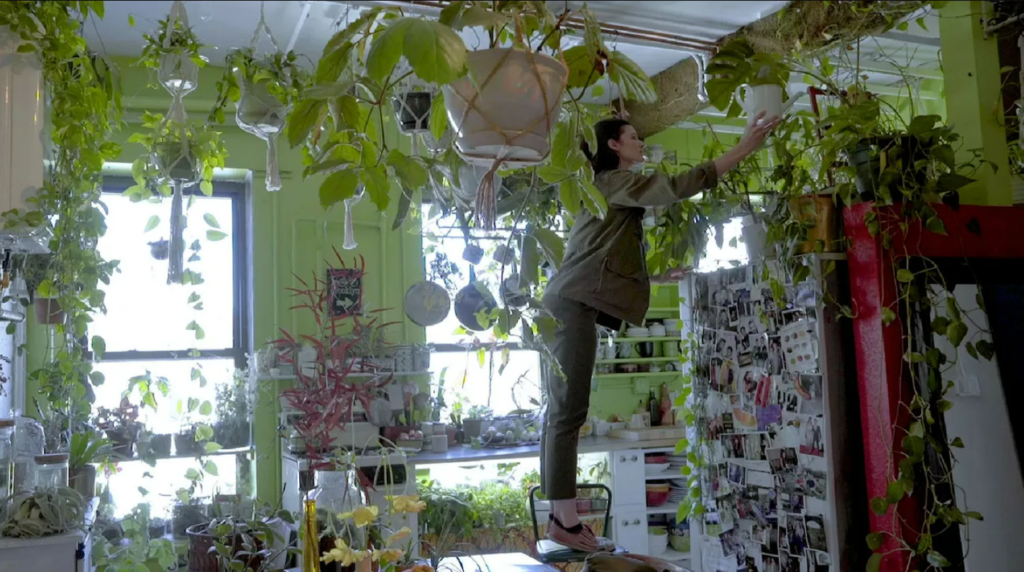
In recent years, there has been a growing trend among millennials to fill their homes with greenery instead of having children. This choice to focus on plant parenthood rather than starting a family is a clear indication of a shift in values and priorities among young adults. While previous generations may have prioritized having children and building a family, many millennials are choosing a different path, one that is rooted in a desire to live a more sustainable, environmentally-conscious, and peaceful lifestyle.
There are many reasons why millennials are so obsessed with houseplants. For starters, they are an affordable and low-maintenance way to bring life and color into a living space. They have numerous health benefits, such as improving air quality, boosting mood, and reducing stress levels. In a world where stress and anxiety are on the rise, it’s easy to see why so many people are turning to plants as a way to bring some peace and tranquility into their lives. With many millennials living in urban areas with limited access to green spaces, bringing plants into their homes is a way to connect with nature and create a more peaceful environment.
But the trend goes deeper than just wanting a pretty decoration or a natural air freshener. For some millennials, the decision to focus on plant parenthood rather than having children is rooted in a desire to live a more sustainable and environmentally-conscious lifestyle. With concerns about overpopulation and the impact of human consumption on the planet, many young adults feel that having fewer children and instead nurturing the plants around them is a responsible choice.
However, it is worth noting that the idea that humans are facing an overpopulation issue has been disputed. Elon Musk warns that we potentially face a population collapse.
Nonetheless, concerns over overpopulation is a reason some millennials say they are choosing plants over kids, even if those millennials are misguided.
Furthermore, plants are natural air purifiers and help to combat climate change by reducing carbon dioxide levels in the atmosphere. By choosing to have a plant-filled home instead of a large family, some millennials believe they are helping to protect the planet by reducing their carbon footprint.
The rise of social media has also played a role in the plant obsession. Platforms like Instagram and Pinterest are flooded with images of perfectly styled plant-filled homes and trendy plant shops. Seeing other people’s green spaces can inspire and motivate millennials to create their own little oasis. Social media has created a sense of community among plant lovers, providing a platform for people to share tips, ideas, and even plant swaps. This sense of community has also led to a resurgence of interest in gardening and plant care among millennials, with many young adults taking up gardening as a hobby or even a side business.
Of course, this doesn’t mean that all millennials are choosing plants over children. Starting a family is still a top priority for many young adults. However, the growing popularity of plant parenthood among millennials is indicative of a shift in values and priorities. Young adults today are more aware of the impact of their actions on the planet and are actively seeking out ways to live a more sustainable and eco-friendly lifestyle. By embracing plant parenthood, millennials are finding a way to connect with nature, reduce their carbon footprint, and create a more peaceful and fulfilling life.
The plant obsession among millennials is more than just a passing trend. It’s a reflection of a larger shift in values and priorities among young adults. By choosing to fill their homes with greenery instead of having children, millennials are making a statement about their commitment to living a sustainable and environmentally-conscious lifestyle. Plants not only provide numerous health benefits but also contribute to reducing the carbon footprint of individuals. With social media helping to create a sense of community among plant lovers, it’s easy to see why this trend is here to stay.
The future of plant parenthood looks bright, and we can expect to see even more millennials embracing this lifestyle choice in the years to come (for better or worse!).